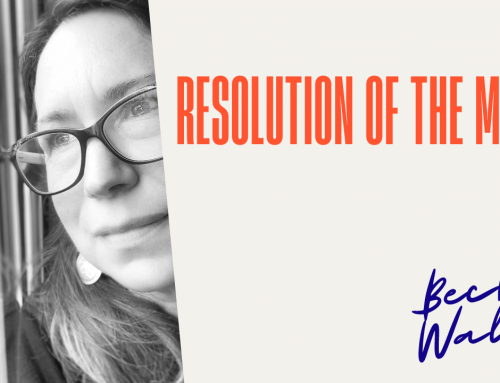Emotions are words we use to identify and describe how we are feeling at any given moment. These experiences are so visceral that we often deem something to be good or bad, right or wrong, by our positive or negative emotional response.
We can distinguish between emotions and the feelings they invoke, but physical symptoms can be confusing and require us to tap into our emotional intelligence. For instance, fear and excitement produce similar symptoms including increased heart rates and clammy hands – emotional intelligence helps us gauge the experience more accurately.
However if your an empath, you’re a highly sensitive individual and your emotional intelligence is intuitive. You pick up other people’s emotions and sometimes find it hard to tell the difference between your own feelings and the feelings of other people or even the collective residual feelings in a space.
Furthermore, specific emotions manifest more regularly in certain parts of our body. Fear may manifest itself as a sick feeling in the pit of the stomach, whilst anger is often felt in the tightened muscles of the arms and legs.
Interpretation depends on whether or not we like those feelings. Many city dwellers love an adrenaline rush, the place is full of the stuff. If your sensitive all of this is impacting your physiology and your body.
Once we identify a feeling, we create an energetic response in the emotional body. This is what happens when we describe ourselves as falling in love. Whether the event is an intense emotional connection or a mind-blowing physical one, the chemical reaction is similar. Once the event is over, we might analyse the situation and decide that we are not in love after all.
Many things trigger an our own emotional response, the art of the empath is to spot the difference between what’s their stuff and what’s someone else’s, which is almost an impossible task, so we need to use our emotional intelligence to shift ours perceptions.
Our mood is determined not so much by an event or people, but our perception of the event (i.e. our thoughts and reactions to a situation). You can talk yourself into being in love (Yes you can!), just as you can talk yourself out of being in love by perceiving your emotions differently. Theoretically, we can rationalise a crush or get over a lost love by changing how we perceive our emotions. We can do the same with fear.
However, being emotionally intelligent does not mean fooling ourselves or denying our true feelings. In order to believe a perception, we must be convinced of its validity.
So here’ three steps to help you do that:
1 – Look for the Positive
OK before you turn off, I’m not going to give you a positive thinking spiel.
If you step on a bus and look at a sea of sad faces guess what. you’ll feel sad. But what if your presence on that bus could turn that bus experience around for all? As an empath you’re a powerful sender of emotion as well as a receiver of emotion. If you see yourself as part of a divine force serving of love and joy, you will be it, and in turn be part of the solution of change and not part of the problem. You are the thinker of your thoughts, you are not your thoughts.
Live and Love
The common excuse: “I’m scared of feeling crappy, I’m too sensitive, scared of getting hurt .” We cannot truly love if we live in fear. When you think of love, don’t think of what you should be receiving; think of giving. When we feel crappy, it is a call to love, nothing more. Avoiding pain is avoiding life itself.
Accept the Past
You might have witnessed awful people. Learn your lessons from them as if they are the greatest teacher and move forward. Believe in the transformational power of love; it can heal everything, even your perception of crap-bag people. When you stop looking for the bad people, to prove yourself right in your need for your own protection, you see all the great people.
Be a master of your emotions, not a slave. Once we learn how to read and translate our own body language and emotions, we become more sensitive to the needs and reactions of others, it’s in this place we find the real love of life. We start to feel we can be open and not shut down.
Now, that’s what I call real emotional intelligence.
Intuition is a compass that can direct you through life’s challenges and towards life’s joys. Trusting it allows you to live with less fear and gives you the freedom to make great decisions.
Liked this article and want to know more? I’m launching my course Evolutionary intuition. The four Intuitive systems with a free webinar class. Please join me Wednesday, 14 October 2015, at 07:00 pm GMT SIGN-UP HERE
For more information about the on-line course click here: ‘Evolutionary intuition. The four Intuitive systems’.






